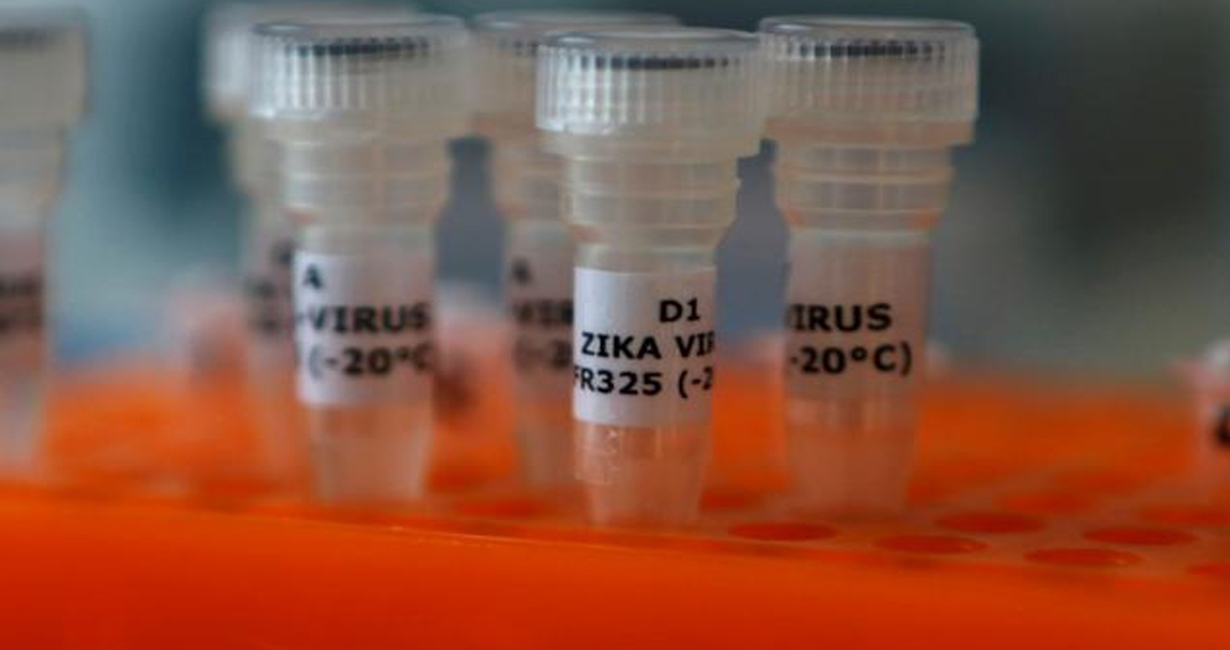IFPMA 2016 interview series on ‘The R&D challenges in tackling Zika virus’
As part of our latest interview series, we sat down with Dr. Ted Tsai to discuss the current R&D challenges in the fight against Zika virus. Dr. Ted Tsai, a vaccine expert from Takeda, took part in the World Health Organization (WHO) global consultation on 7-9 March. The following Q&A has been adapted from the interview, which you can view in full here.
In the context of the WHO global consultation, where are we today on research related to Zika virus infection?
There is so much that remains unknown about Zika. The rapidity of its spread in Brazil has been a surprise to many people. In fact, one of the new elements that came up during this meeting is whether there are mosquito factors other than aedes aegypti and aedes albopictus that might be contributing to its transmission, because the speed with which it spread is faster than what was observed with chikungunya. At the same time, the congenital anomalies that accompany infection during pregnancy also need to be understood better.
What are the different challenges we are facing from an R&D point of view?
We’re really unprepared. There are no effective therapeutics, no vaccine, and even the diagnostic tests are still being developed. The reason that I’m here, together with many other manufacturers represented by the IFPMA is to see what we can do to contribute to the global public health effort to prevent this outbreak.
How long would it take to get a vaccine available?
For a typical novel vaccine, it would take 10 years or more, between the beginning of research and then finally a licensure. But in this emergency situation, there are certain regulatory pathways that could accelerate if not licensure then at least distribution of the vaccine. This would be a conditional kind of distribution for the vaccine, in which there would be a potential public health benefit and then the full examination of effectiveness and safety accompany that public health implementation. One has to be very careful with this, to ensure that we’re not rolling out a vaccine that hasn’t been scrutinized carefully for its safety and efficacy both.
What is your takeaway message from this conference?
One important aspect of this meeting is the very collaborative manner in which various stakeholders are engaging in trying to confront this public health issue. It’s academics, manufacturers, non-governmental agencies, funding sources. Everybody is terrifically engaged. There still remains much to be discovered and clarified with respect that the pathogens of this disease, the complications that congenital anomalies and the neurological syndrome. We need some understanding of these basic issues to help with the prevention and therapeutic efforts. To carry out proper surveillance we need good diagnostics, specific diagnostics. To treat patients, we need novel therapies. We don’t have anything developed as of yet specifically for the Zika virus. Lastly, for prevention we will need vaccines. Here we’re actually having to develop novel vaccines. In some cases we can build upon existing platforms that have been used for Dengue vaccine and other flaviviruses: Japanese encephalitis, tick-borne encephalitis, yellow fever. But all of this is going to take some time.









